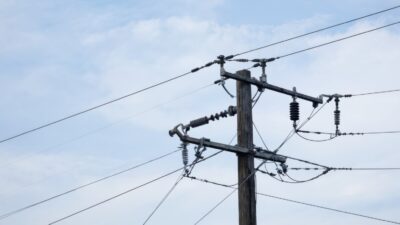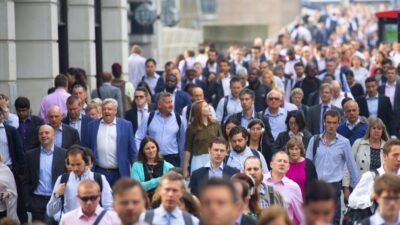Deceptive patterns: how can we make choices fairer online?
Online, every click and swipe is subtly influenced by how choices are presented to you. In a world where what we watch, listen to, read, and buy is the result of responding to the choices presented to us on a screen, this choice architecture is hugely important.
We may not think much of selecting to ‘accept all cookies’ on a website to get to the content faster or making a quick purchase because we are told there are ‘only two rooms left’. However, these deceptive or dark patterns are designed to exploit inherent decision-making biases to change your choices, often to the benefit of the supplier rather than you. How can we identify and test the effects of these patterns and how, ultimately, can we make these choices fairer?
In our latest ‘Top of the Agenda’ podcast Dr Helen Jenkins talks with Marie Potel-Saville, founder and CEO of Amurabi and Fair Patterns, and Dr Anastasia Shchepetova, a Senior Consultant in Oxera’s behavioural economics team. They discuss how we can test these effects, reduce companies’ use of these deceptive patterns online and create a more user-friendly digital space.
Listen and subscribe to the Top of the Agenda podcast series on Spotify, Apple or via your favourite podcast platform.
Related

ACM’s draft method decisions for gas and electricity networks
Across Europe, several regulators are consulting on how their frameworks should evolve to respond to the challenges that energy networks face due to climate commitments and the broader macroeconomic environment. The Autoriteit Consument & Markt (the Netherlands Authority for Consumers and Markets, ACM) has now entered this debate with its… Read More

The role of regulation in spurring innovation and growth in the EU and the UK
Since the 2008 financial crisis, both the EU and the UK have experienced sustained periods of low growth and weak productivity. The COVID-19 pandemic further exacerbated these trends, and their share of global GDP has continued to decline, especially relative to the US and emerging economies. This has provoked scrutiny… Read More

